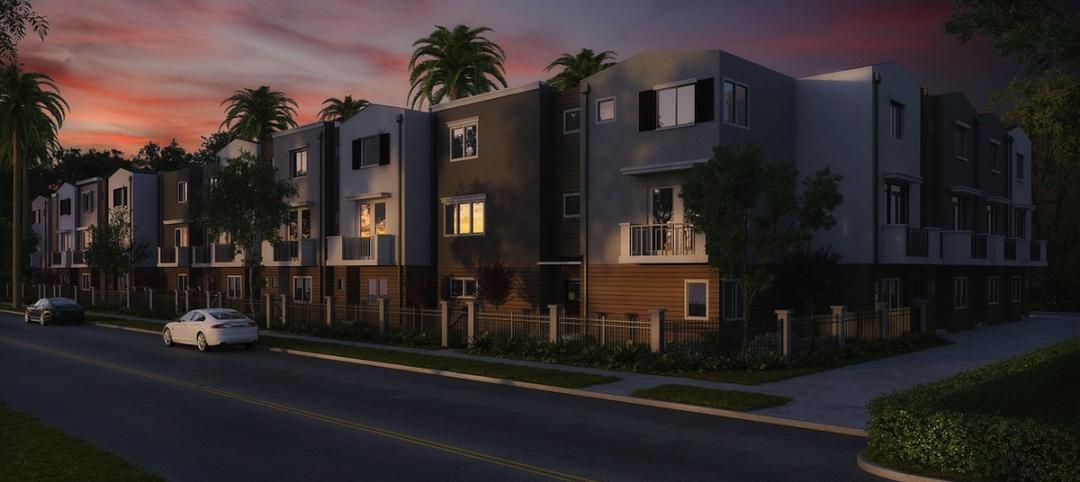More than half of residential and commercial properties in Houston that are at high or moderate risk of flooding are not included in the Federal Emergency Management Agency's Special Flood Hazard Areas (SFHA), according to CoreLogic.
Properties outside those zones don't need flood insurance, so many flood victims of Hurricane Harvey will not have access to insurance reimbursements to make repairs. About 52% of residential and commercial properties in the Houston metro are at “High” or “Moderate” risk of flooding, but are not in a (SFHA), CoreLogic says.
Less than two weeks before Harvey, President Trump did away with the Obama-era Federal Flood Risk Management Standard that required federally funded construction in flood-prone areas to be built to higher resilience standards. There are concerns that rebuilding in Houston will not be done according to the more stringent standards that in some cases require structures to be built at higher elevations.
FEMA had proposed that most construction projects using federal funds be built 2 feet above the 100-year floodplain. Hospitals and other "critical action" projects would have been required to be built 3 feet above that floodplain. The higher elevation could mean the difference between full hospital functionality and a complete failure of electrical, plumbing, and mechanical systems, according to an NBBJ healthcare partner quoted in a Modern Healthcare report.
Related Stories
Codes and Standards | May 7, 2015
Several states moving to repeal prevailing wage laws
Anti-prevailing wage bills that apply to state-funded construction projects have been passed in West Virginia and Nevada. Similar laws could be passed in Indiana and Illinois.
Codes and Standards | May 7, 2015
New OSHA rule aimed at protecting construction workers in confined spaces
The agency says the rule will protect about 800 workers a year from serious injury.
Codes and Standards | May 1, 2015
Colorado House kills construction defects bill
The legislation would have made it harder for condo owners to sue builders.
Codes and Standards | May 1, 2015
New energy efficiency program, Tenant Star, gets OK from Congress
The voluntary program for commercial and government buildings is modeled after Energy Star.
Smart Buildings | May 1, 2015
FEMA to require states to evaluate risks posed by climate change
The aim is for states to do a better job planning for natural disasters they are likely to face in a warming world.
Codes and Standards | May 1, 2015
Department of Energy asks for feedback on cost-effectiveness of building energy codes
DOE’s RFI wants input on how to improve methodology on cost assessment.
Codes and Standards | Apr 22, 2015
New York State renews design-build authority
Five state agencies are allowed to use design-build on certain projects.
Codes and Standards | Apr 22, 2015
OSHA’s estimated cost of silica rule said to underestimate impact by $4.5 billion annually
The coalition says that OSHA’s flawed cost estimates point to flaws in the rule, and has urged the federal agency to reconsider its approach.
Codes and Standards | Apr 22, 2015
2016 Seismic Provisions for Structural Steel Buildings draft available for public review
The comment period is open until May 29.
Codes and Standards | Apr 22, 2015
GBCI renamed Green Business Certification Inc.
The name change reflects the organization’s expanded certification and credentialing services.















